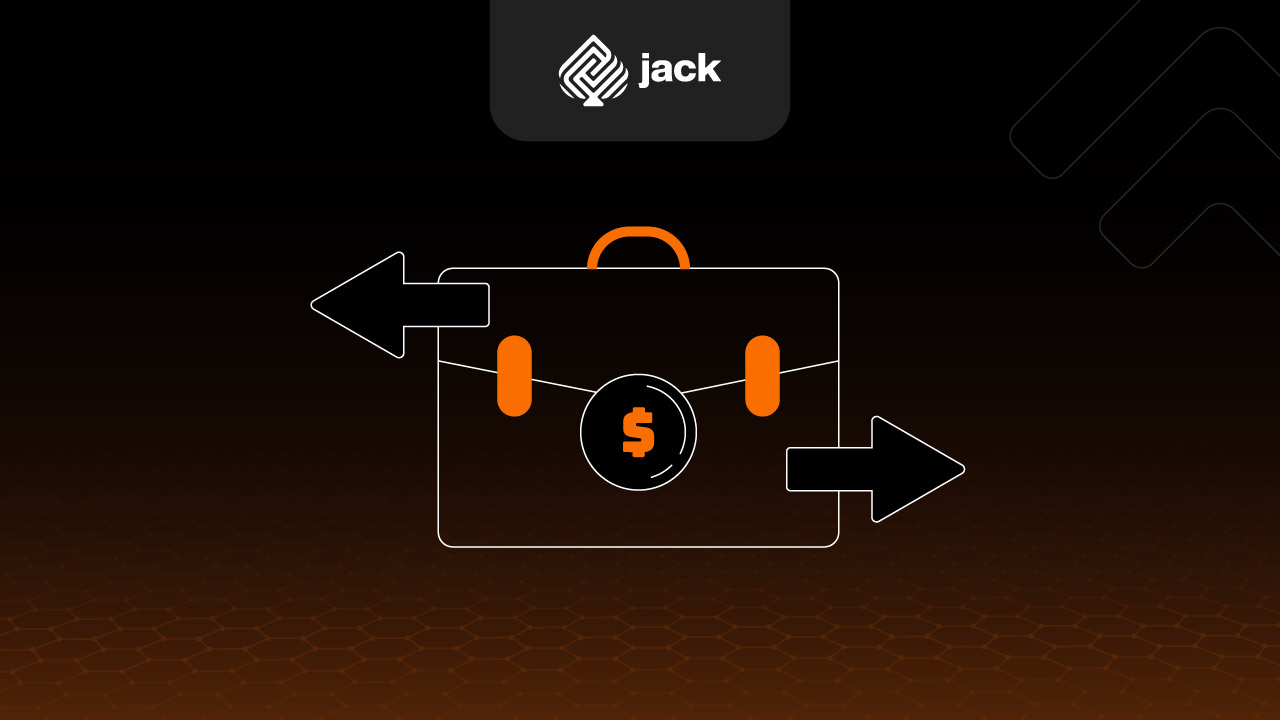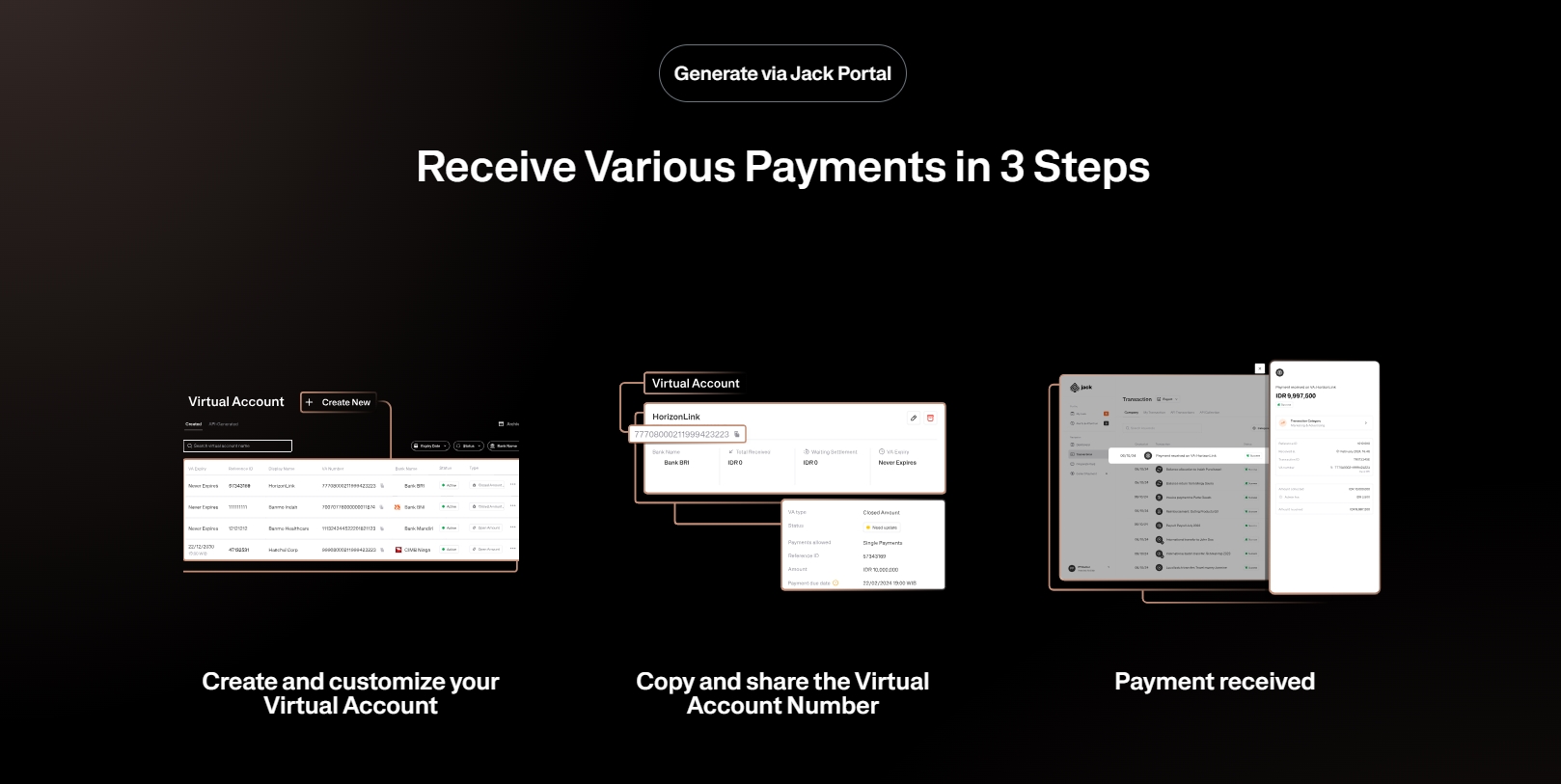Understanding the different types of business transactions is crucial, especially for anyone who owns and runs a business. These transactions are an integral part of a company’s economic activities. Every business owner engages in these transactions to achieve their goals efficiently.
See Also Corporate Credit Card: Definition, Types, Benefits, and How Cards Work for Startups
In the business world, transactions can be understood as the exchange of goods or services. They can also be defined as a value exchange between two parties, typically involving money as the payment method. This process inevitably involves several economic actors, such as sellers and buyers who directly participate in business operations.
Types of Business Transactions

Business activities require money as a medium of exchange and payment, carried out based on mutual agreements. A business consists of various types of transactions, some of which are common in the business world, as outlined below:
1. Purchase Transactions
The first type of business transaction to be discussed is the purchase. A purchase transaction involves a company buying goods or services from another party.
The purchasing process begins with an order from the buyer. After receiving the orders, the buyer must make a payment. Purchases can involve either direct payment or credit payment, depending on the agreement between the buyer and the seller.
2. Sales Transactions
Alongside purchases, there are sales transactions. Sales, essentially the opposite of purchases, involve a company selling goods or services to another party.
The process includes offering goods or services to potential buyers. If interested, the buyer places an order, leading to the transaction. The company earns revenue from sales transactions, meaning the seller receives payment from the buyer.
3. Rental Transactions
Rental transactions differ significantly from purchase and sales transactions. Renting involves a company leasing out its assets. This transaction can also occur when a company rents assets from another party.
Examples include office building rentals or operational vehicle rentals. Rentals are typically agreed upon for a specified duration, and the lessee must return the asset in its original condition once the rental period ends.
4. Loan Transactions
Another type of business transaction is loans. The concept of loans is similar to renting but with a fundamental difference. Loans involve borrowing money. In this transaction, a company borrows money from another party for various purposes, with a promise to repay the amount within a specified period, including interest. Thus, the repaid amount is higher than the borrowed amount.
5. Investment Transactions
Investment transactions are also essential for business operators to understand. Investment involves placing funds in an asset for a period, aiming to gain profit or value increase over time.
Companies can invest in properties, stocks, bonds, or other financial instruments to achieve future gains.
6. Barter Transactions
Barter transactions occur when goods or services are exchanged without using money as a medium of payment. In barter transactions, parties trade their goods or services directly. Barter, the oldest form of trade, might still be practiced today, albeit rarely. Both exchanged items must hold equal value.
Use Jack for your business needs
Each type of business transaction discussed has its characteristics. Understanding the rules and workings of each transaction type is crucial for business operators. This knowledge helps manage finances effectively and optimize business performance.









